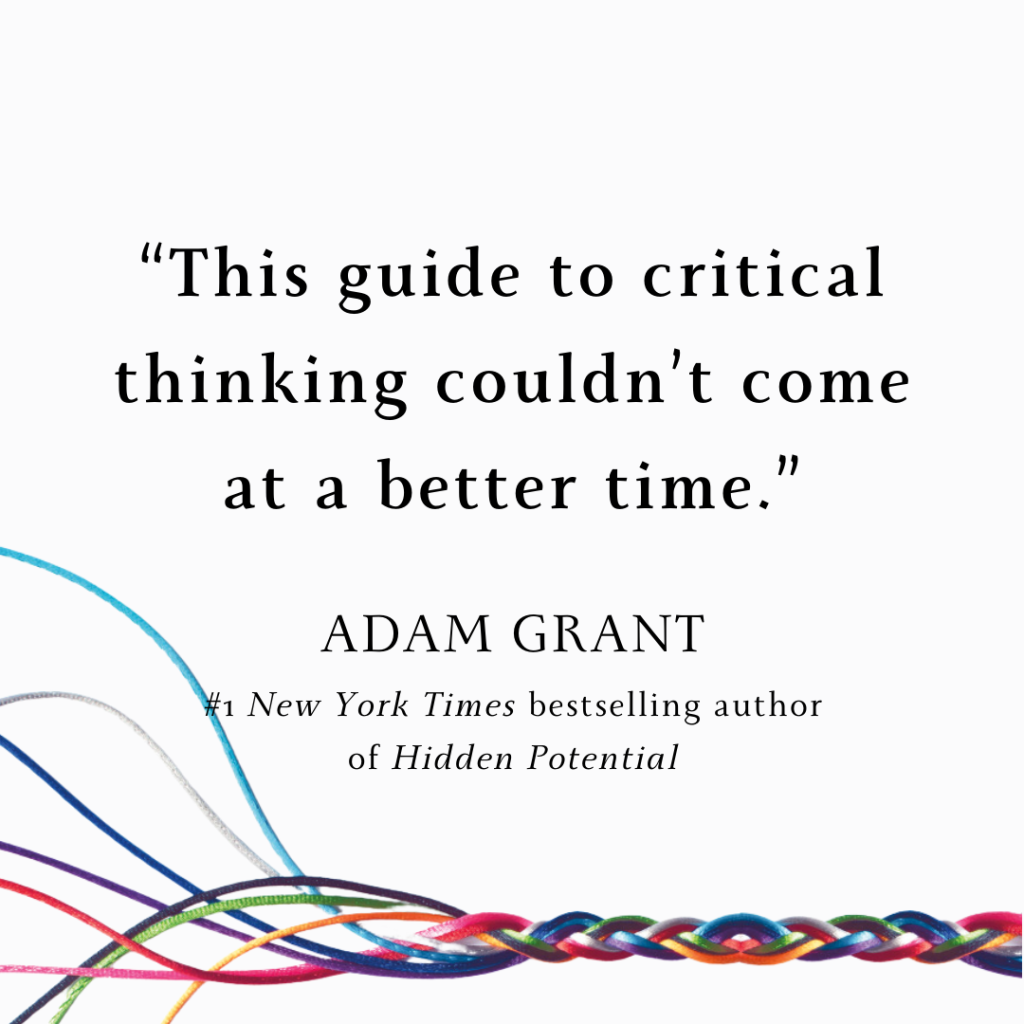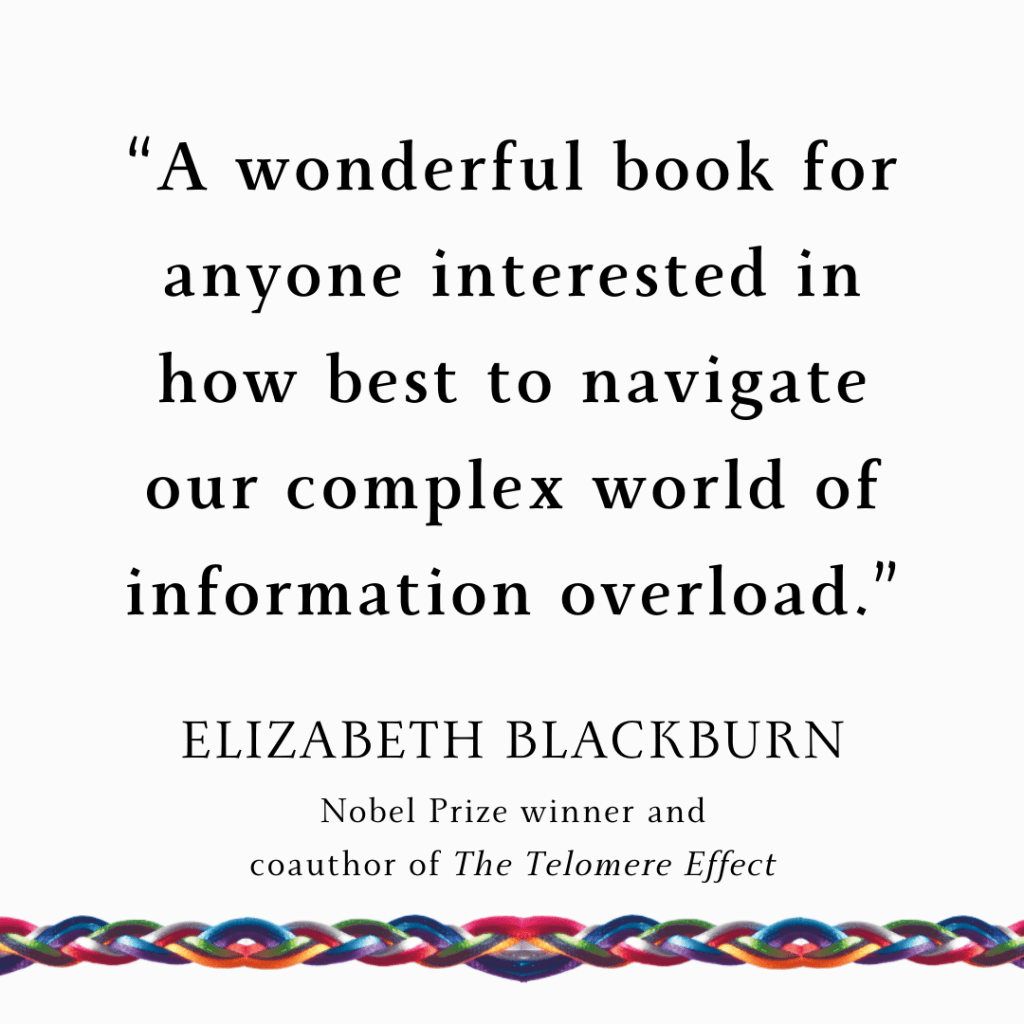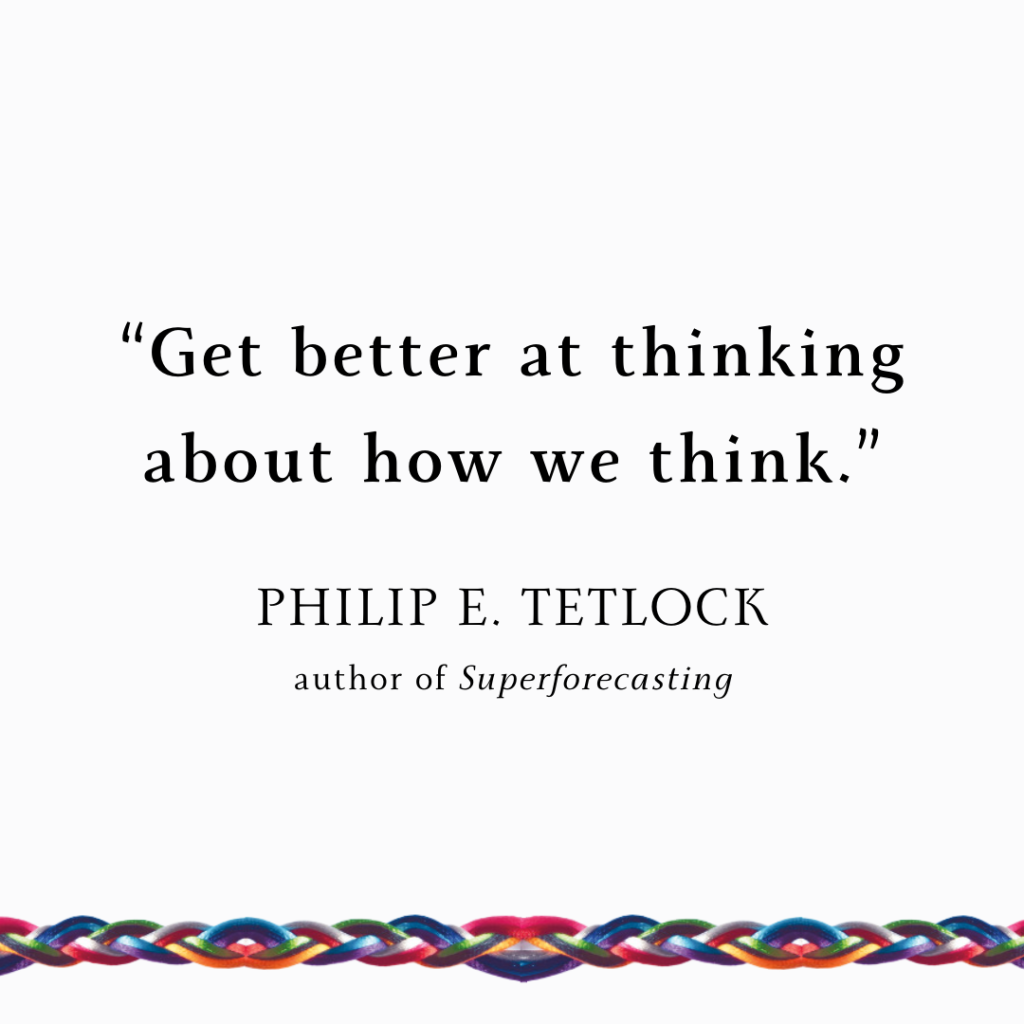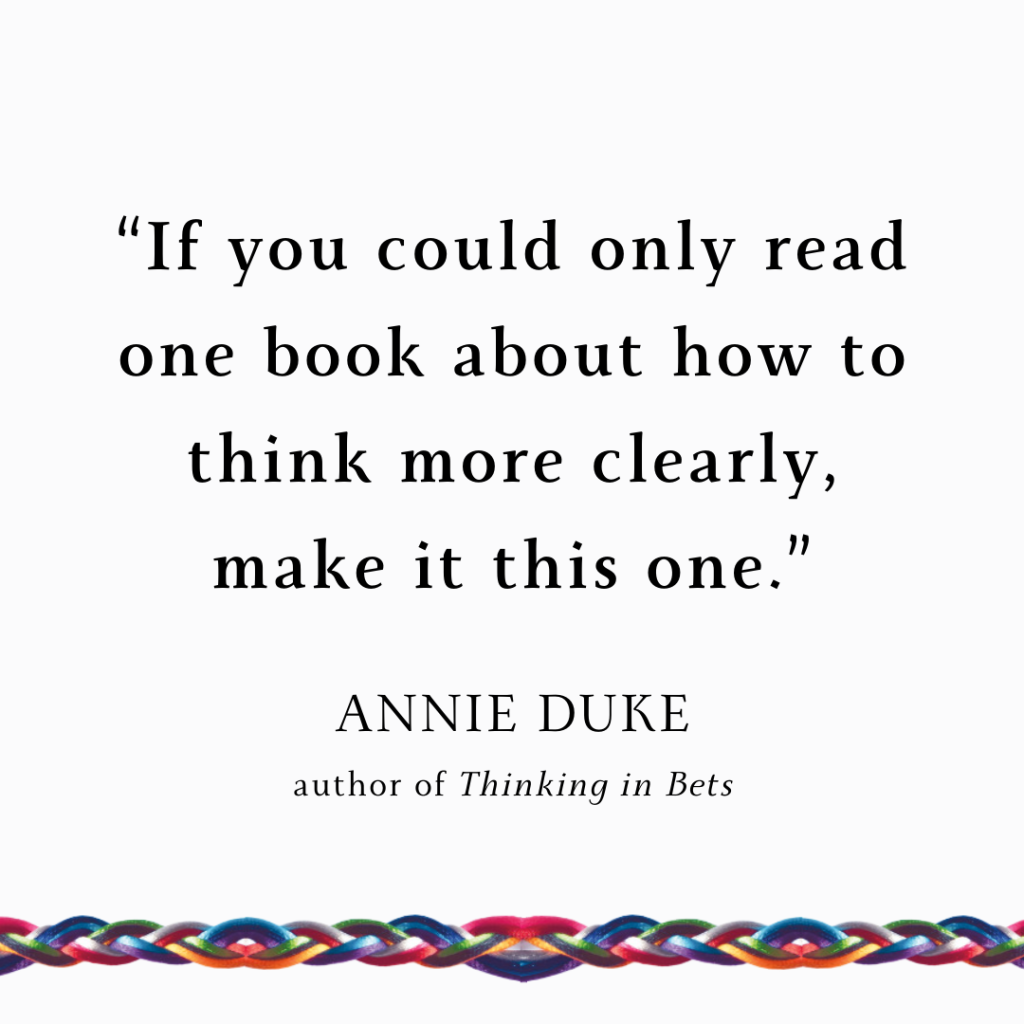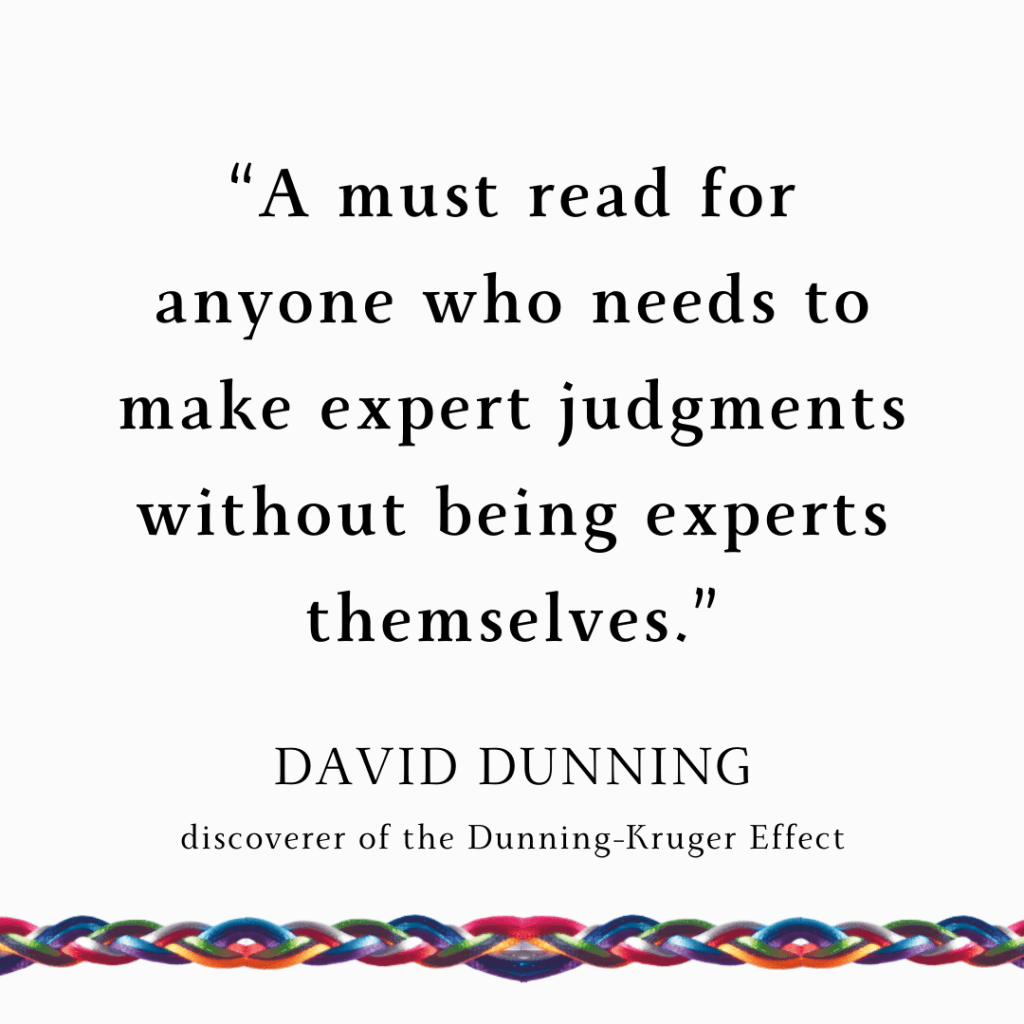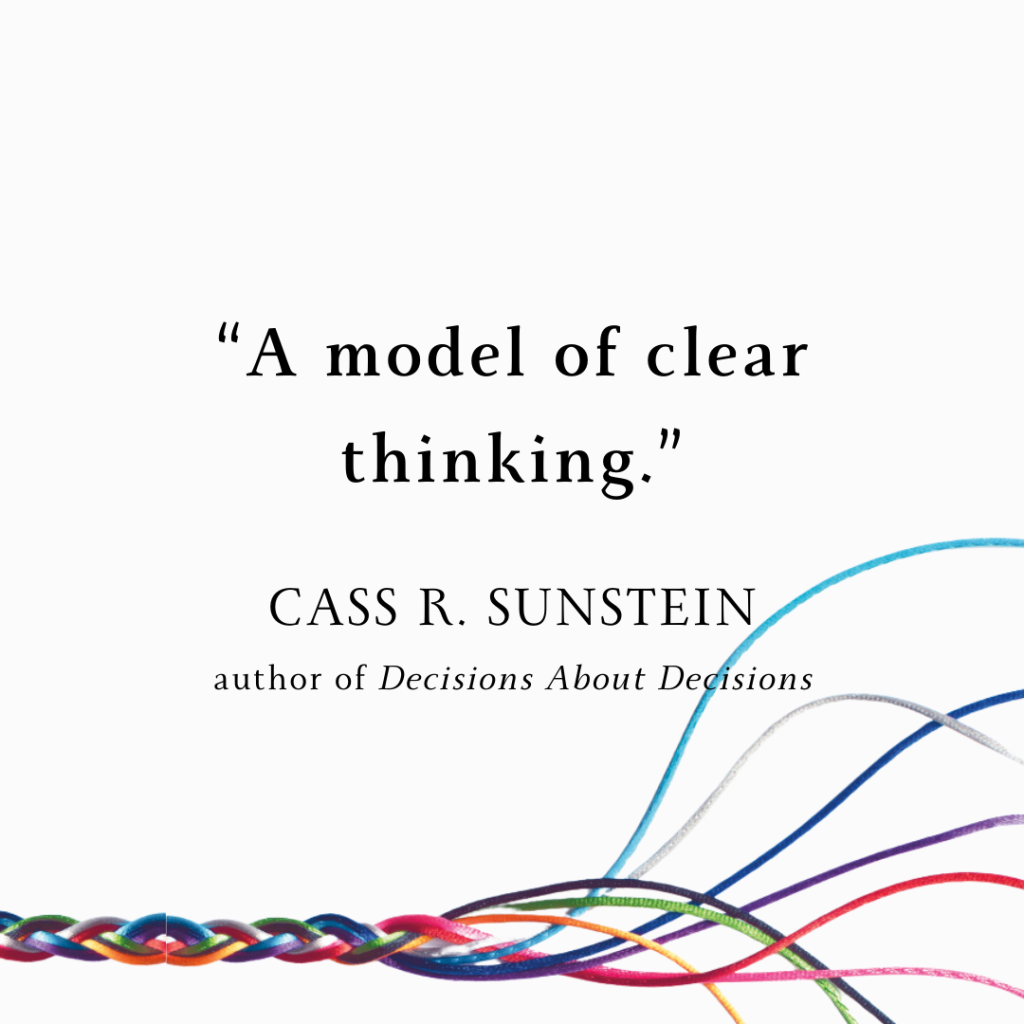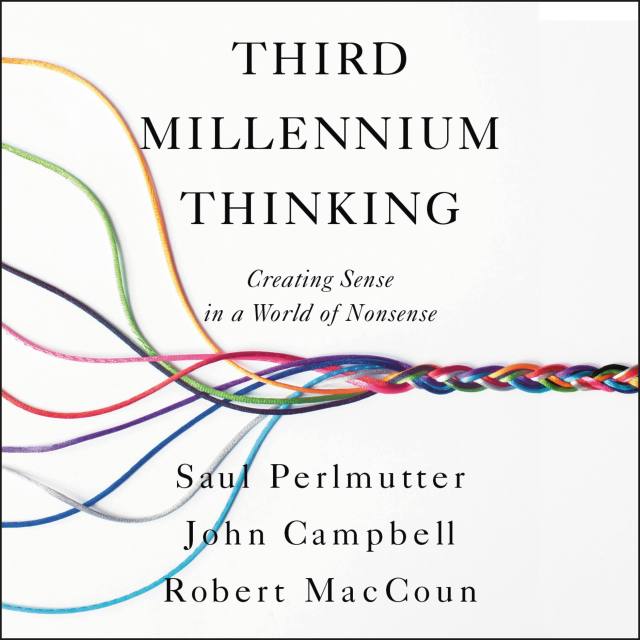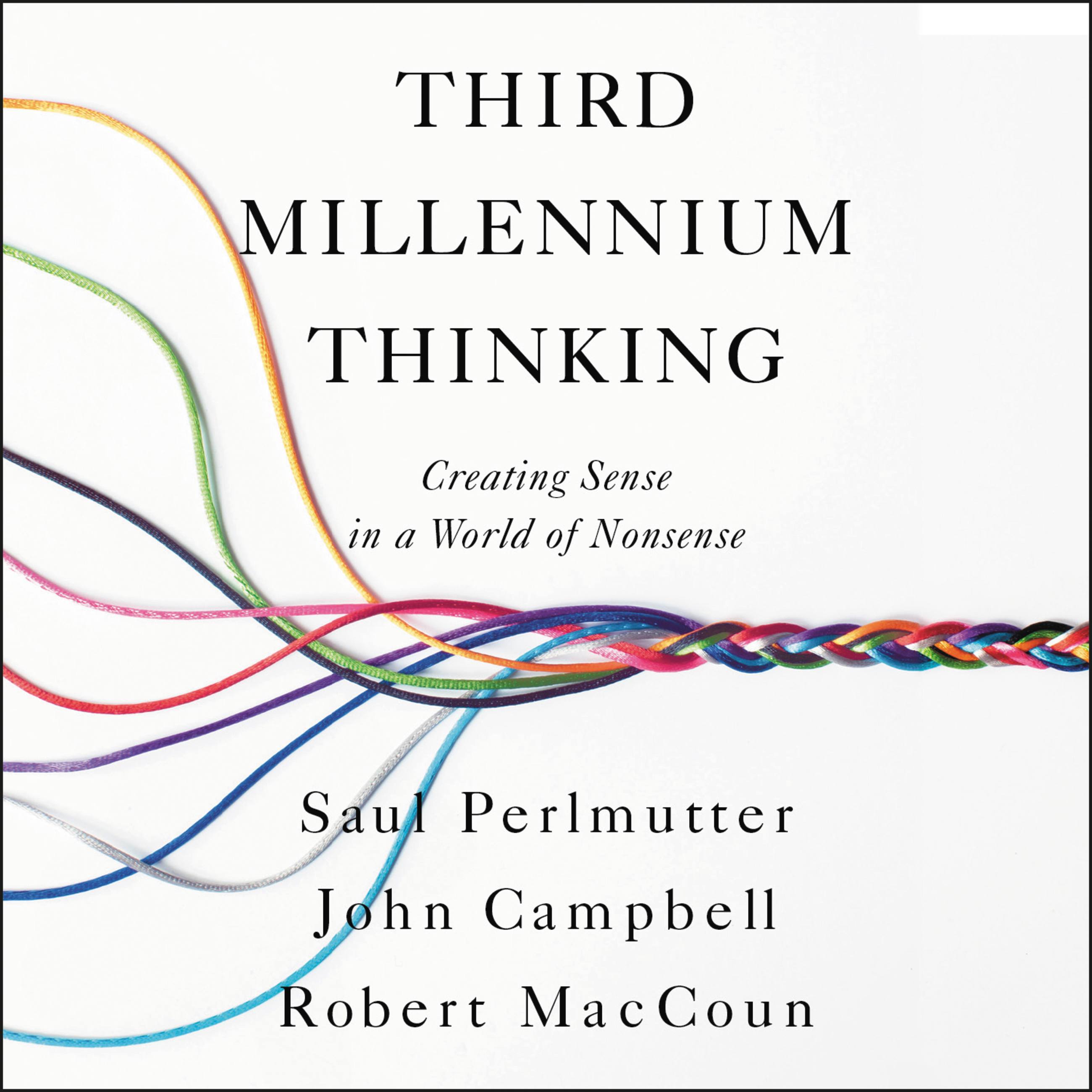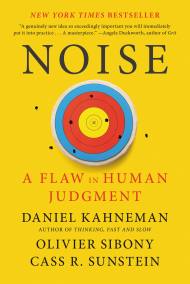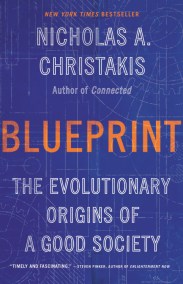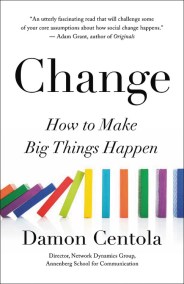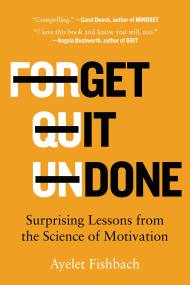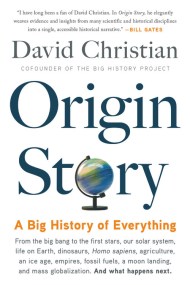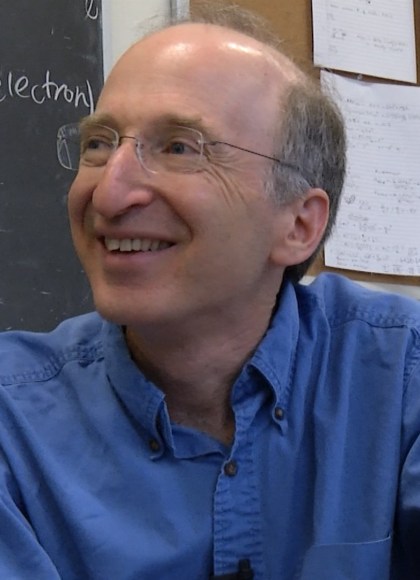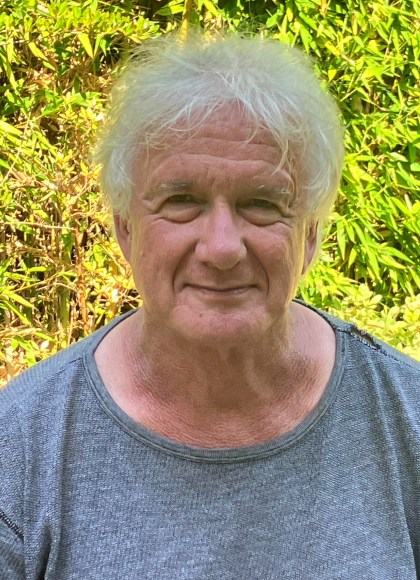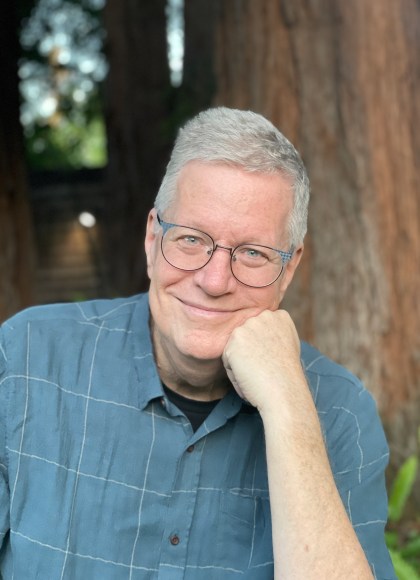Third Millennium Thinking
Creating Sense in a World of Nonsense
Contributors
Read by Joe Paulino
Formats and Prices
Price
$27.99Format
Format:
- Audiobook Download (Unabridged) $27.99
- ebook $15.99 $20.99 CAD
- Hardcover $30.00 $38.00 CAD
Also available from:
In our deluge of information, it’s getting harder and harder to distinguish the revelatory from the contradictory. How do we make health decisions in the face of conflicting medical advice? Does that article on GMOs even show what the authors claim? How can we navigate the next Thanksgiving discussion with our in-laws, who follow completely different experts on climate?
In Third Millennium Thinking, a physicist, a psychologist, and a philosopher introduce readers to the tools and frameworks that scientists have developed to keep from fooling themselves, to understand the world, and to make decisions. We can all borrow these trust-building techniques to tackle problems both big and small.
Readers will learn:
- How to achieve a ground-level understanding of the facts of the modern world
- How to chart a course through a profusion of possibilities
- How to work together to take on the challenges we face today
- And much more
Using provocative thought exercises, jargon-free language, and vivid illustrations drawn from history, daily life, and scientists’ insider stories, Third Millennium Thinking offers a novel approach for readers to make sense of the nonsense.
-
“A model of clear thinking, and a terrific discussion of how to use logic and evidence to solve the hardest problems. This might just be the cure for what ails us.”Cass R. Sunstein, Robert Walmsley University Professor, Harvard University, and author of Decisions About Decisions
-
“If our species is to stagger through another millennium, we need to get better at thinking about how we think—and conducting high-stakes debates more intelligently. This book lays out, with superb clarity, the path forward.”Philip E. Tetlock, author of Superforecasting
-
“This is a wonderful book for anyone interested in how best to navigate our complex world of information overload. Engagingly and informatively, it emphasizes how processes used in the practice of science can provide widely-applicable tools for approaching individual and collective decision-making. A truly valuable resource for taking on the challenges facing our species and the planet.”Elizabeth Blackburn, PhD, Nobel Prize winner and coauthor of The Telomere Effect
-
"A physicist, a philosopher, and a psychologist walk into a book, and mix an inviting cocktail about how to think through big problems and make effective decisions in a Third Millennium age of overwhelming, complex, and contradictory information. A must read for anyone who needs to make expert judgments without being experts themselves."David Dunning, Professor of Psychology at the University of Michigan and discoverer of the Dunning-Kruger Effect
-
“In a world filled with uncertainty and fractured by polarization, this guide to critical thinking couldn’t come at a better time. A Nobel laureate physicist, an influential philosopher, and an expert on legal psychology reveal how you can use the tools of science in everyday life to make smarter judgments and wiser decisions.”Adam Grant, #1 New York Times bestselling author of Think Again and Hidden Potential, and host of the podcast Re:Thinking
-
“Third Millennium Thinking offers a roadmap for making more effective decisions in an increasingly complex and noisy world. If you could only read one book about how to think more clearly, make it this one.”Annie Duke, author of Thinking in Bets
- On Sale
- Mar 26, 2024
- Publisher
- Hachette Audio
- ISBN-13
- 9781668635469
Newsletter Signup
By clicking ‘Sign Up,’ I acknowledge that I have read and agree to Hachette Book Group’s Privacy Policy and Terms of Use
